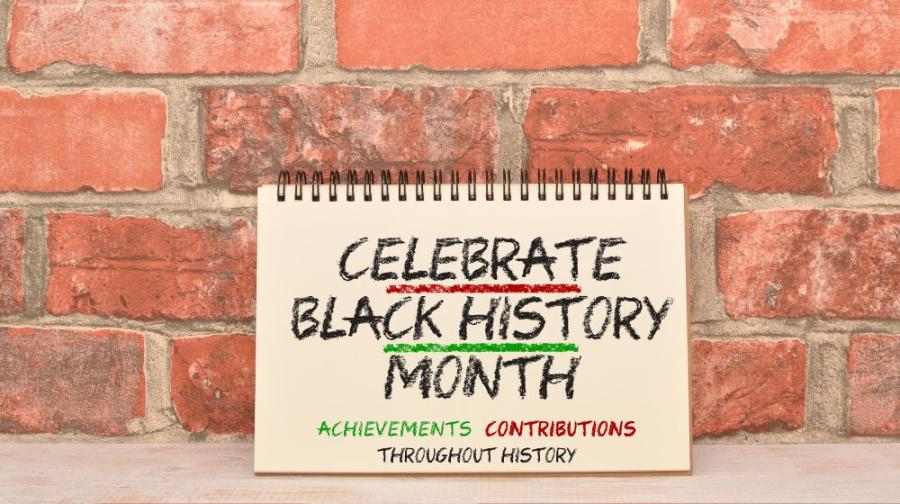Dismantling Racism Team

We all know that February is Black History Month, but most of us probably don’t know much about how it started or how it’s evolved over the years. The origins of Black History Month go back to 1915, when Dr. Carter G. Woodson, a Harvard trained historian, founded what is known today as the Association for the Study of African American Life and History (ASALH). In 1926, the organization sent out a press release announcing the second week of February as Negro History Week, and encouraging the study of the countless black people who had contributed to the advancement of human civilization. Woodson chose February because it includes the birthdays of both Abraham Lincoln and Frederick Douglass. From the beginning, the response to this call was enthusiastically promoted by schools, clubs, and local governments, and by the 1960s, the shift to a month-long celebration had begun. President Ford officially recognized Black History Month in 1976. A more detailed history can be found at asalh.org/about-us/about-black-history-month/.
Each year the ASALH provides a theme for Black History Month to focus the attention of the public. The 2025 theme is “African Americans and Labor,” which “intends to encourage broad reflections on intersections between Black people’s work and their workplaces in all their iterations and key moments, themes, and events in Black history and culture across time and space and throughout the U.S., Africa, and the Diaspora. Like religion, social justice movements, and education, studying African Americans’ labor and labor struggles are important organizing foci for new interpretations and reinterpretations of the Black past, present, and future. Such new considerations and reconsiderations are even more significant as the historical forces of racial oppression gather new and renewed strength in the 21st century.” [Excerpted from the ASALH website.]
Ideas for how to celebrate Black History Month:
• Explore Black history at nmaahc.si.edu/
• Read books written by Black authors
• Support Black-owned businesses
• Learn about Black leaders at www.blackpast.org/
• Watch films created by Black filmmakers
Book recommendation by Cynthia Wilson, President NAACP, Minneapolis Chapter:
My Grandmother's Hands: Racialized Trauma and the Pathway to Mending Our Hearts and Bodies by Resmaa Menakem
